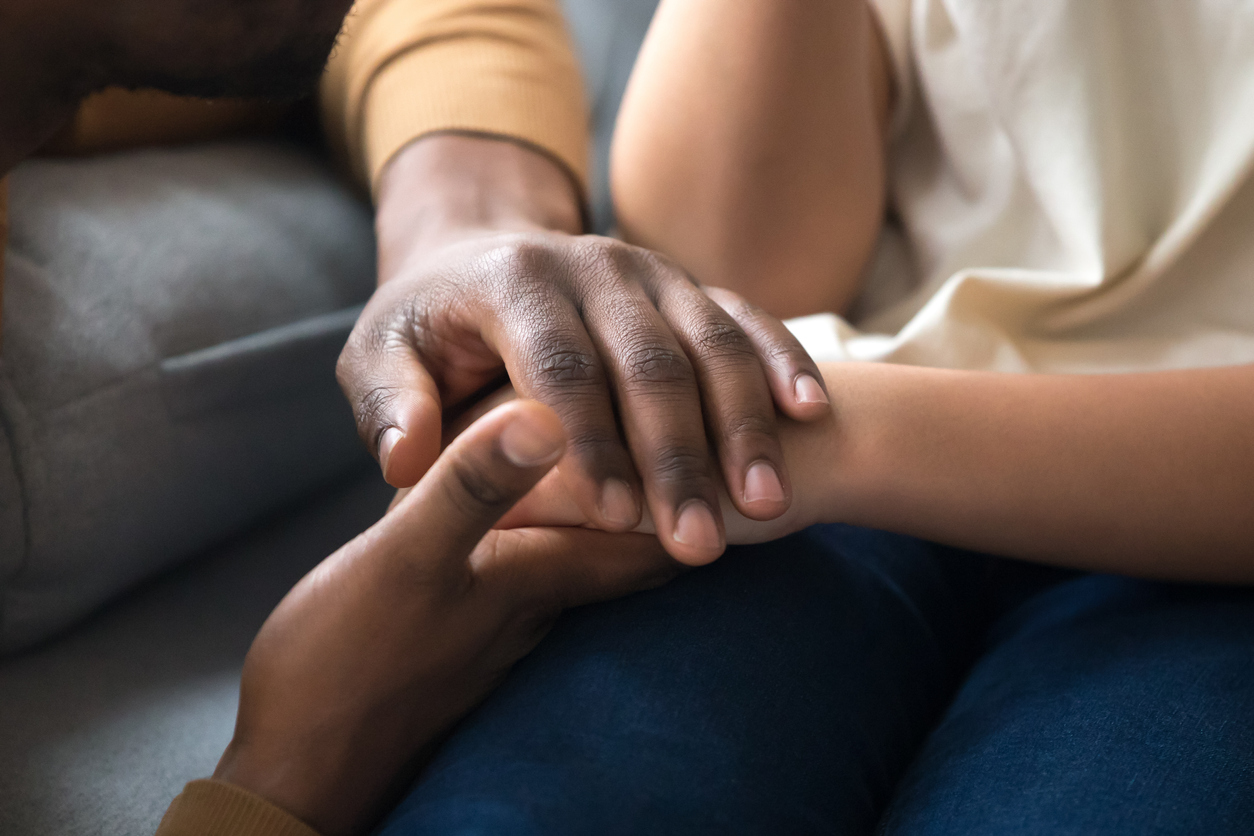Historically, public health resources for Black, Indigenous, and People of Color communities have been less accessible and, in some cases, entirely unavailable for decades. Disparities in mental health care for BIPOC communities has been an emerging hot topic in social interest arenas for quite some time, and for good reason. Access to resources and the stigma associated with mental health care happens to be a unifying conundrum: to seek help has, for a long time, been seen as a weakness. The more alarming statistic that we should be aware of is this:
A study published in 1999 observed that not only were mental health resources for minority groups simply not available but there wasn’t even ample research data to analyze regarding mental health for BIPOC communities. An updated study from 2020 found that essentially, nothing had changed. The same marked differences were still observed, and access and availability of mental health resources for minority communities were still drastically less than communities with white majority populations.
Closing the Gap – Recognizing Disparities for Mental Health Care in BIPOC Communities
There are a variety of factors that have contributed to a lack of mental health resources for communities made primarily of minorities. It’s our responsibility as a community, and even more importantly, encompassing medical professionals, to ensure that the gap in mental health care is remedied with dedication and fast action.
How to address the mental health stigma in the BIPOC community | Your Morning
Some challenges these minority communities face in gaining access to effective and proactive mental health care are societal, cultural, economic, and even political.
Some reasons that minority communities do not have equal access to mental health care include:
- Racial bias and discrimination in medical environments
- Language barriers
- Lack of availability due to funding based on government census data
- Mental health stigma based on non-minority cultural values
- Transportation to qualified and quality mental health resources
These, among other gaps in availability, funding, and resources, have made the ever-growing gap in mental health care for BIPOC communities a daunting and challenging problem that needs immediate attention.
BIPOC Mental Health – How Can We Start Repairing Centuries of Damage By Offering Community Support?
As a community, we have a responsibility to help support, lift, and care for our fellow neighbors. Thankfully, mental health care has become a topic of avid and progressive conversation. However, ignoring the struggles, oppression, and challenges that BIPOC communities face in this mental health arena would be negligent and perpetuate decades of trauma in a space where these communities need to be heard, seen, and supported.
It is pivotally important that we stand with BIPOC communities, mental health professionals, and advocates to help support under-served minority communities. The goal is to see that they receive prompt, quality, and effective mental health care and to ensure they have equal opportunities to thrive and be healthy, regardless of their background.

Below is a list of resources to help support minority communities as we work together to improve access to mental health resources and to ensure that the same quality care is accessible to people from BIPOC communities across the country.
- BIPOC mental health advocates and professionals
- Mental Health Resources for BIPOC individuals
- Black Mental Health Alliance – To develop, promote and sponsor trusted culturally relevant educational forums, training, and referral services that support the health and well-being of Black people and their communities.
- BIPOC Resources for Mental Health – The Mental Health Coalition speaks to mental health disparities based on longstanding systemic injustice. There are many barriers limiting access to high-quality, culturally-informed mental health care for BIPOC communities. This means it is crucial to highlight the spaces addressing racism-based stress and trauma while affirming the countless strengths of BIPOC communities.
Together, we can help raise awareness, provide initiatives to support, lift, and bring monumental public services to those communities that have not previously had acceptable access. By sharing this message, and speaking out about the disparities in mental health care for BIPOC communities, we hope to bring light to these much-needed resources.
If you’d like to learn more about research supported by the United Brain Association, please click here. Sharing our articles, blogs and visiting us on our social media profiles can assist us in raising awareness for brain disorders and diseases that affect millions of people around the world. For donation information, please head to our donations page here.
You Are Not Alone
For you or a loved one to be diagnosed with a brain or mental health-related illness or disorder is overwhelming, and leads to a quest for support and answers to important questions. UBA has built a safe, caring and compassionate community for you to share your journey, connect with others in similar situations, learn about breakthroughs, and to simply find comfort.

Make a Donation, Make a Difference
We have a close relationship with researchers working on an array of brain and mental health-related issues and disorders. We keep abreast with cutting-edge research projects and fund those with the greatest insight and promise. Please donate generously today; help make a difference for your loved ones, now and in their future.
The United Brain Association – No Mind Left Behind




